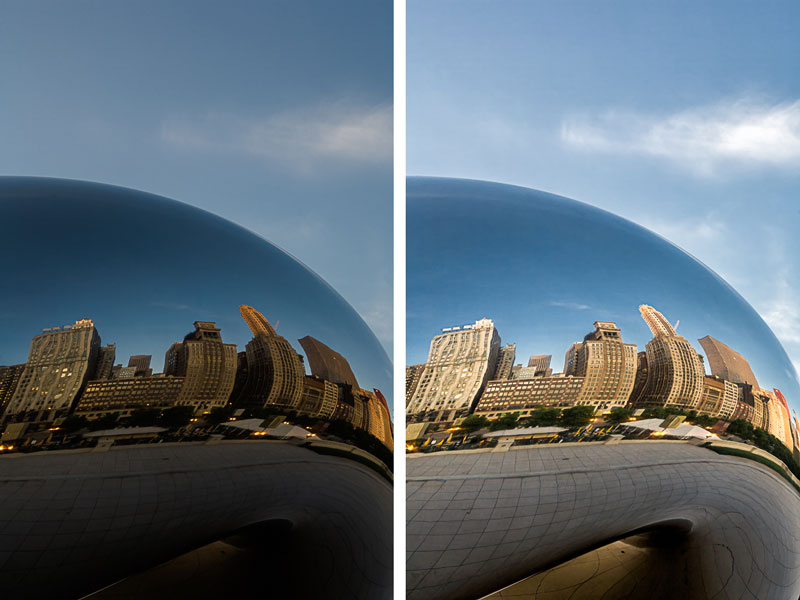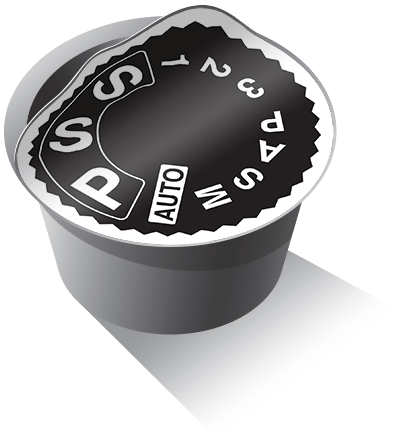Why Was I Such an Idiot?

Recently I’ve been watching this series of videos put out by fstoppers called “Photographing the World” in which Elia Locardi demonstrates photography and post-processing techniques that he uses in his own work.
After seeing some clever luminosity masking and blending techniques, I was inspired to return to some photos I had taken years ago in Chicago to see if I could “rescue” some of the shots that I had passed over way back then.
It was while looking through the shots I had actually published on my gallery already that I realized: I was a complete idiot.
And that’s a good thing.
OK, how is this possibly a good thing? To understand why I was delighted rather than ashamed to have this realization, I need to tell you a bit more about what I do for my “day job.” Regrettably, I have not turned my photography into a successful career (yet).
Since approximately 2000, I have been paid to write software of one kind or another. Now, I’ve actually been programming computers since I was a boy, back when computer displays were only one color and there were no hard drives (I’m dead serious). I’m self-taught; I have only taken a handful of programming classes in my life. I think this is a somewhat important detail.
So what does this have to do with photography? You may be surprised to hear that programming is a very creative endeavor. While it can often be boiled down to rote implementation, the kind of programming that I’ve historically been hired to do is rich with problem solving, which is a creative act. In that way, programming is somewhat similar to photography.
Now I’ve been programming for a lot longer than I’ve been photographing, so I first experienced the feeling I will soon describe as a programmer rather than a visual artist, but it is very much the same thing as you’ll see.
Quite commonly, through the years, I would find myself looking at a piece of code that I had written years ago. Almost without fail, some of these thoughts would go through my mind: Why did I do that? Ugh this is gross. What on earth was I thinking?!
As it happens, this experience of looking at something you created at some point in the past and thinking that it is garbage and that you could do so much better if you did it all over today is typical. It’s even desirable.
Why desirable? It means that you’ve grown. You’ve deepened your experience, you’ve advanced your skills, you’ve honed your perception. If you look back at something you made five years ago and you think “This is absolutely perfect,” you’re probably not taking enough risks in your learning.
In short: it is desirable to think that your past self was an idiot. Compared to your present self, your past self should be an idiot. To think otherwise would be a sign of stagnation.
Right, so back to photography. Not only is it healthy to look at your past work critically and question the decisions you made then, it is productive. Self-critique is a great (and cheap) way to advance your skills. You may not yet know how to get that sky to look just right, or how to make your midtones really pop, but seeing (and admitting to yourself) that you want them to is the first step.

The great thing about digital photography, which is also true of software, is that you can always change it. Sure, you can’t go back to that exact moment in time and take the photo again, but if you have the original RAW file, you can re-process the image in an entirely new and different way. That is what I decided to do with some of those Chicago photographs.
Above is a photo of the iconic Cloud Gate sculpture. The shot on the left is one that I had actually published on my gallery, quite proudly. The shot on the right is the same image, processed with all that I know today.
Have you had this experience of realizing that your past self was an idiot? How did you react? Did you take time to rethink the way you processed your existing photos? Do you think this whole idea is bogus? Let me know in the comments below!
 Single-Serving Photo
Single-Serving Photo
Comments